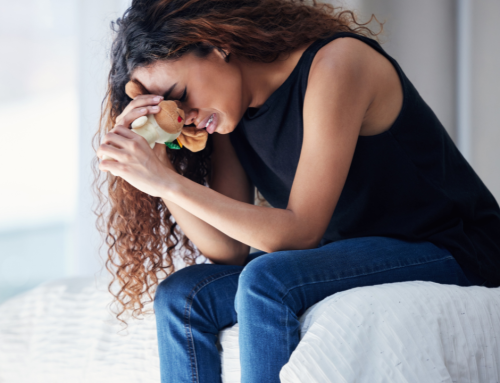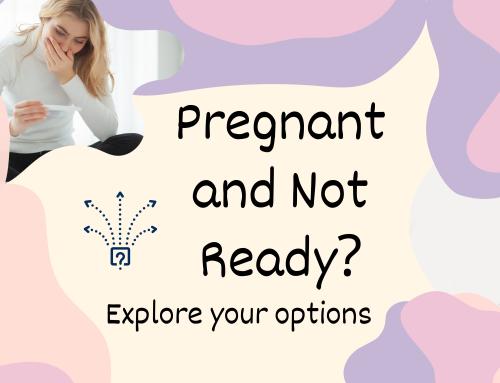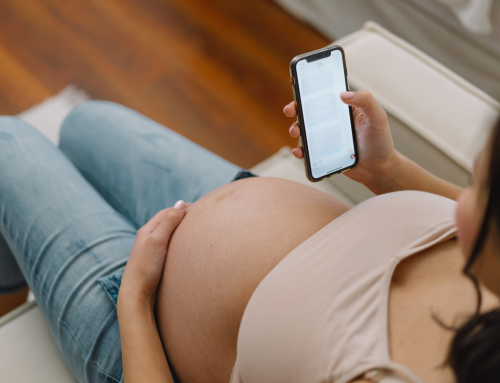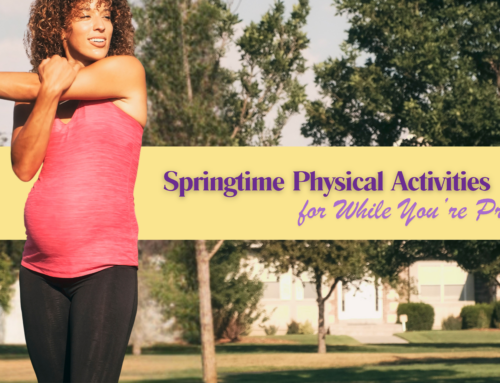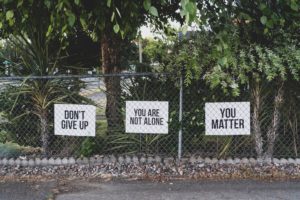
Most new mom’s mood swings, crying spells, anxiety, and trouble sleeping are very common during the first couple of weeks after delivery. This feeling is called Baby Blues. However, Baby Blues turn into Postpartum Depression and Anxiety (PPD/A) for some women. PPD/A is not something to be ashamed of and can be treated. Many women struggle with PPD/A after childbirth. A recent study showed that 1 in 7 women experience depression within the first year after giving birth.
Postpartum and COVID-19
Today, many women facing these struggles are also facing the need to be quarantined due to the COVID-19 pandemic. Being quarantined could spark more or worsening feelings of depression and make it harder to pull oneself out of these thoughts. The lack of physical support from loved ones can be challenging to cope with, especially after welcoming a new member into the family. Fortunately, we live in an age that allows us to connect via different technologies.
Ways to Connect
Video conferencing software has increased in popularity since the beginning of the pandemic. Many colleges and universities are using this software to conduct classes. Businesses are using this software to hold meetings and conference calls remotely. Families and individuals use this technology to contact one another and remain in touch during this troubling time. Video chatting can be especially helpful for mothers struggling with PPD, as it allows you to feel connected with your loved ones and form a support system.
Lifestyle Changes
Another way to cope with PPD/A is to change simple things in your routine. Getting enough rest, meditating, and getting physical activity are small ways that help you cope.
Getting enough rest is a challenge with a new baby, but it is vital to help your mental health. An easy way to try to get more rest is to sleep when your baby is sleeping. When they nap, you nap. Even if it is just for 20 minutes, it will make a difference.
Meditating is another way to reset your mind. Many online resources can guide you through a quick meditation. Meditation relaxes the mind and puts all stress and worry aside, even if just for a few moments.
Physical activity boosts endorphins and endorphins, which help beat stress and better your mood. Merely going on a walk will release endorphins. Once your doctor clears you, more intense exercises can combat stress and feelings of depression or anxiety.
Medication
Talking to a doctor about how you are feeling is pivotal in overcoming these feelings. If your doctor sees fit, they may prescribe you antidepressants or another form of medication that will help you combat your PPD/A. While medication can be scary and daunting, it is vital to trust your physician and take the steps needed to get better.
The most important thing to remember is you are not alone. No matter what you are struggling with, someone has gone through it before. Reach out to your family, adjust small lifestyle habits, and talk to your doctor to come up with a plan to conquer these emotions.

